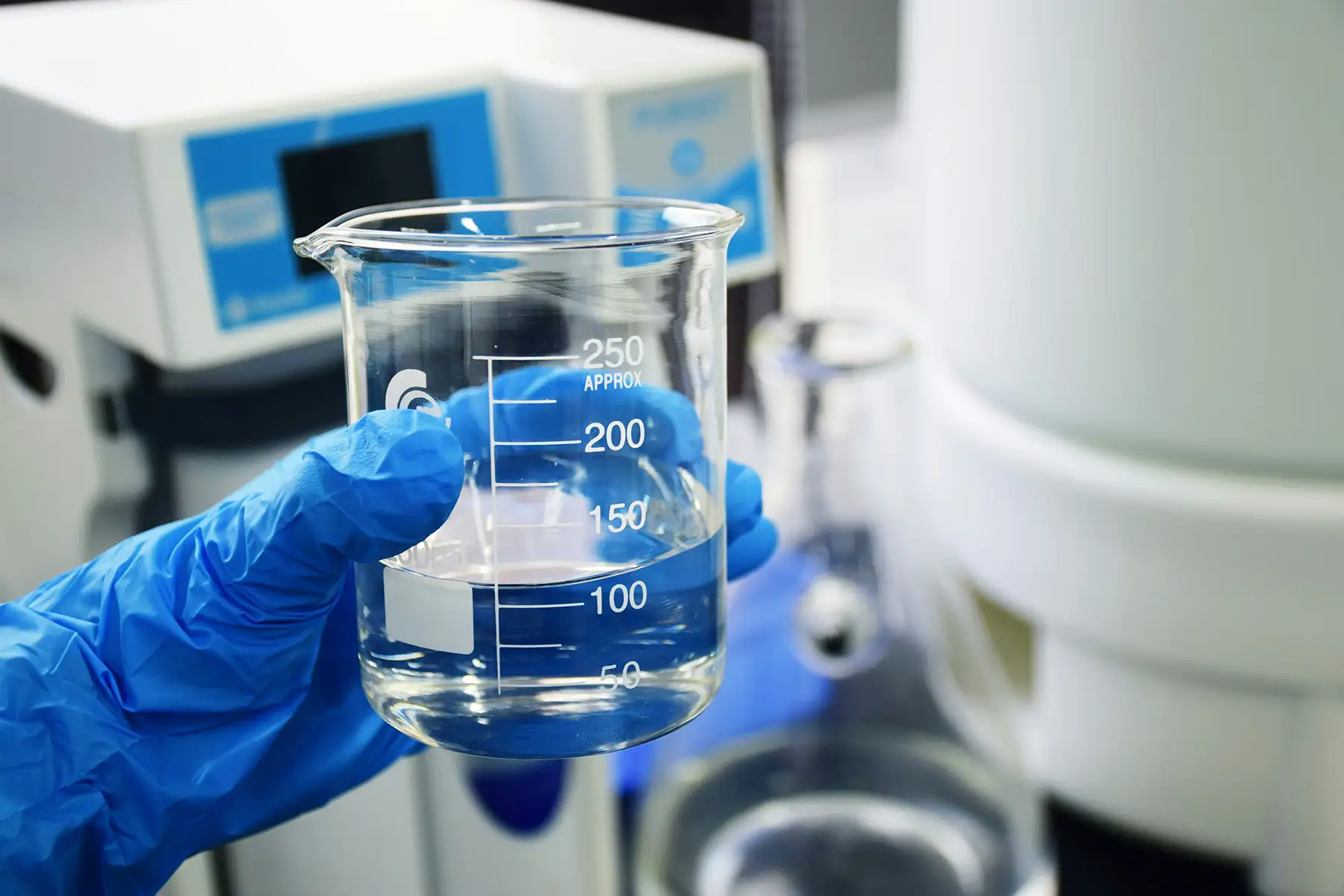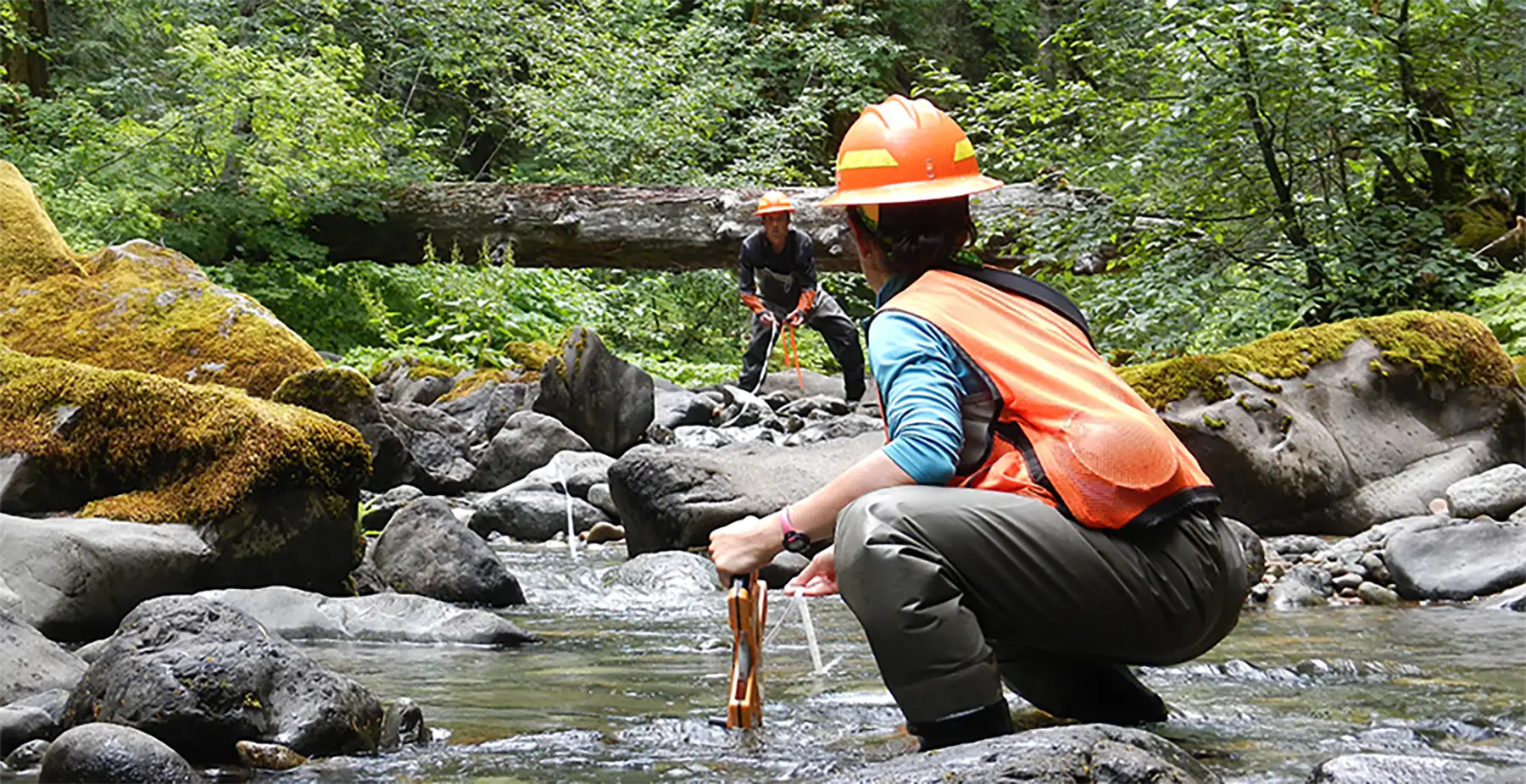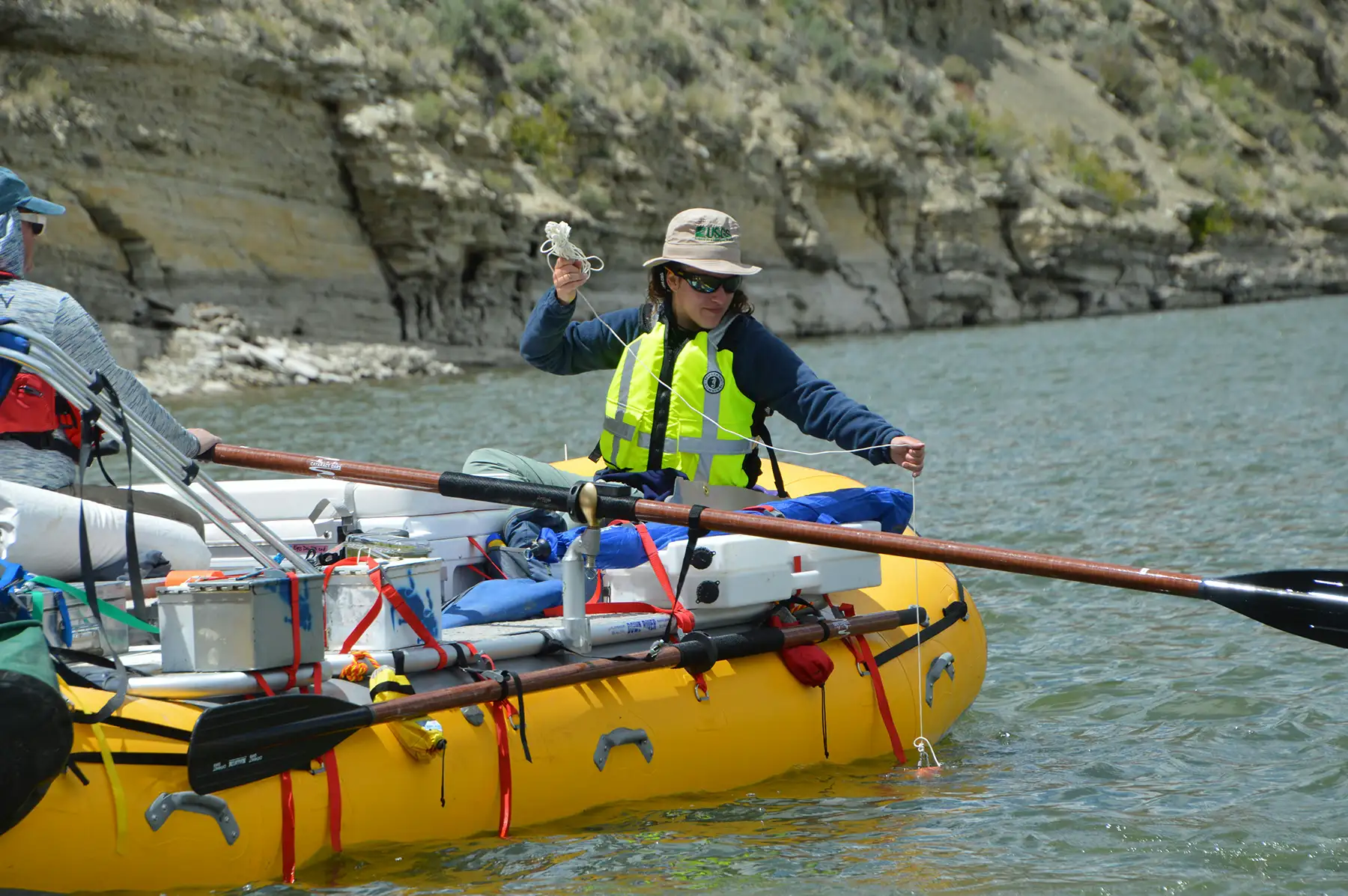Water management
What is water management?
Water is one of our most precious resources, especially in Colorado. You can play a part in problem-solving for our current and future water needs!
- Apply physical, chemical and biological sciences combined with math, technology, engineering, economics and law.
- Make important decisions about water quality and quantity.
Salary/pay range
The average salary for a Water Treatment Specialist in Colorado is:
$94,258
Examples of careers
- Aquatic Biologist
- Hydrologist
- Local or State Water Planner
- Watershed Planner
- Groundwater Specialist
- Water Treatment Operator
Skills
GIS analysis and database management
Proficiency in Geographic Information Systems (GIS) analysis, statistics, and database management for internal use and permit tracking.
Hydrology and water resource management
Proficiency in hydrologic forecasting, data collection, analysis, and dissemination, as well as developing and adapting water resource programs.
Compliance monitoring and legal proceedings
Experience in responding to complaints, conducting property inspections, documenting violations, working with legal authorities, and testifying in court cases related to environmental violations.
For more information about job levels, career paths and training programs, visit My Colorado Journey.

Day in the life

Analyze data and build reports
Develop plans for controlling water resources
Research freshwater or marine ecosystems
Investigate water quality problems




Images provided by the US Forest Service

Career spotlight: Water treatment technician

What they do
Before you take a sip of water from the faucet, a Water treatment technician or operator has ensured that it is safe for you to drink. Fresh water is pumped from wells, rivers, streams or reservoirs to water treatment plants, where it is treated and distributed to customers.
A water treatment technician could work for a city government at a water treatment facility. On a typical day, a water treatment technician may record meter and gauge readings, add chemicals to disinfect and deodorize water and other liquids, clean and maintain equipment and work areas, and collect and test water samples.
A person in this job should like physical activities. You may be expected to do heavy lifting, stooping, climbing and walking. Everyone in the plant is exposed to unpleasant odors, and keep in mind, it can be a dirty job!
Skills and education check
Math, science and mechanical skills are essential for being a water treatment technician. One must have good analytical and detail-oriented skills to conduct tests and analyze results.
Water treatment technicians typically need a high school diploma and a license to work. They also typically undergo on-the-job training. As competition for jobs continues to increase, completion of an associate’s degree also increases the chances of employment and a higher starting salary. You’ll also need several state licenses and certifications.